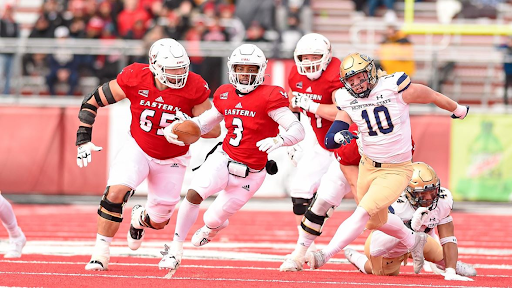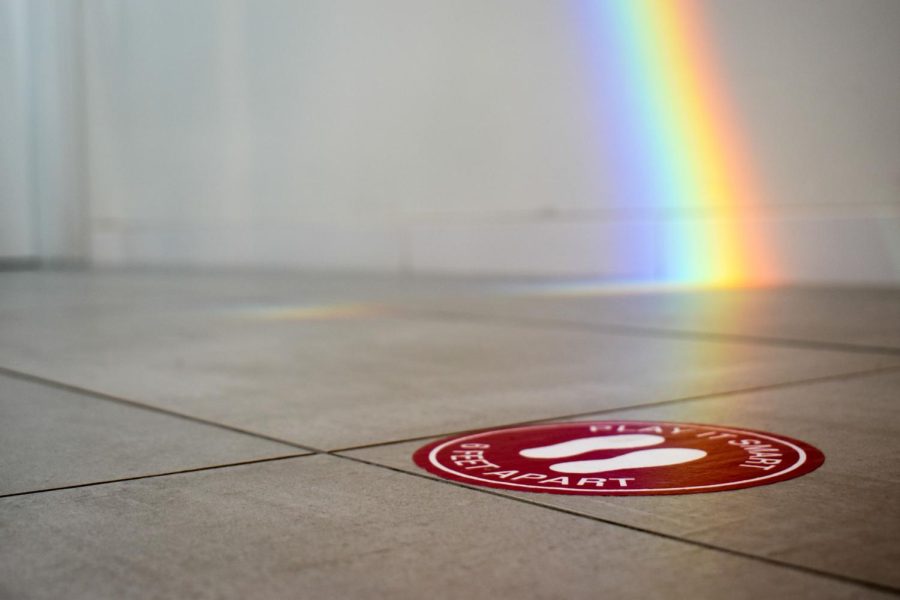By Michael Barone
mbar_1@yahoo.com
Does the camera add 10 pounds? Can’t anyone make a video? Isn’t all high definition the same? We’ve all heard phrases along these lines at some point in our lives. Being a videographer, I get asked questions like this when I go do videos all the time. In a world that has videos all over, the myths of the camera are abundant and need to be settled.
Myth: Almost everything can be fixed in post-production.
The Short: Not unless you have a Hollywood budget.
The Long: People generally assume that you can do anything to a video to make it better. While it’s possible to fix minor details like how loud the wind is, the colors of a shot or put subtitles on a foreign film, you can’t fix everything afterwards. Video editing software has limitations, so it’s better to get it the first time.
Myth: HD makes the best videos.
The Short: Better definition doesn’t equal better video.
The Long: Ask any photographer if megapixels really matter; most will say they aren’t very important. This is the same concept for videos. Yes, seeing things clearly is better, but if the stuff in the frame is totally horrible, then what is the point of HD? You can’t rely on a pretty picture to make a video for you, you have to know what you’re doing in order to make a good video.
Myth: You should only edit with Final Cut Pro.
The Short: You can edit with whatever you like. They all do the same thing.
The Long: People often ask me about what program I use to edit videos. When I say Adobe Premiere, they start to say how I should be using Final Cut Pro. It really doesn’t matter what program you use, as long as it makes videos, you can use it. Honestly, use what you’re comfortable with, not what people tell you to use. Each program may have a few different effects or is laid out differently, but in the end, they all will have the same end result.
Myth: Anyone can make a video.
The Short: Yes, quality is not assured though.
The Long: Since most people own a cellphone with some sort of camera, it’s fairly easy for someone to record an event and post it on YouTube. There are even apps, such as Vine, that let you throw together short clips to make a video. Every person has the capacity to make a video, but it is not for everyone. Just like taking pictures, you can’t just pick up a camcorder and expect to be as skilled as a Hollywood cameraman. It takes time to learn.
Myth: All HD is the same.
The Short: Nothing could be more wrong.
The Long: Saying all HD is the same is like saying a sombrero and a beret are the same thing. They may both be hats and serve the same purpose, but they are still totally different. Besides the fact that there are many different versions of HD that all sound similar, every camera captures video differently. For example, if you took the same video on your iPhone, handycam and a digital single-lens reflex camera, or DSLR, you would have three videos of varying quality, even if all of them were filming in 1080p Full HD. Every camera has its strengths and weaknesses in videos, whether it’s color, speed, audio or focus.
Myth: The camera adds 10 pounds.
The Short: No, 30 cheeseburgers will.
The Long: This is probably the most common question I get. Cameras are designed to capture things as accurately as possible, so they don’t magically make you gain weight. While using a wide-angle lens can distort you, it’s so minor that no one notices. Unless your cameraman is intentionally trying to make you look bigger through a fisheye lens or post-production, you aren’t going to gain 10 pounds from being on camera.
There will always be myths surrounding cameras. Even though we have them everywhere we go, people never truly know what they can do until they have sat down and studied them. Hopefully, next time someone says a myth about cameras, you’ll know that it’s only a myth.














